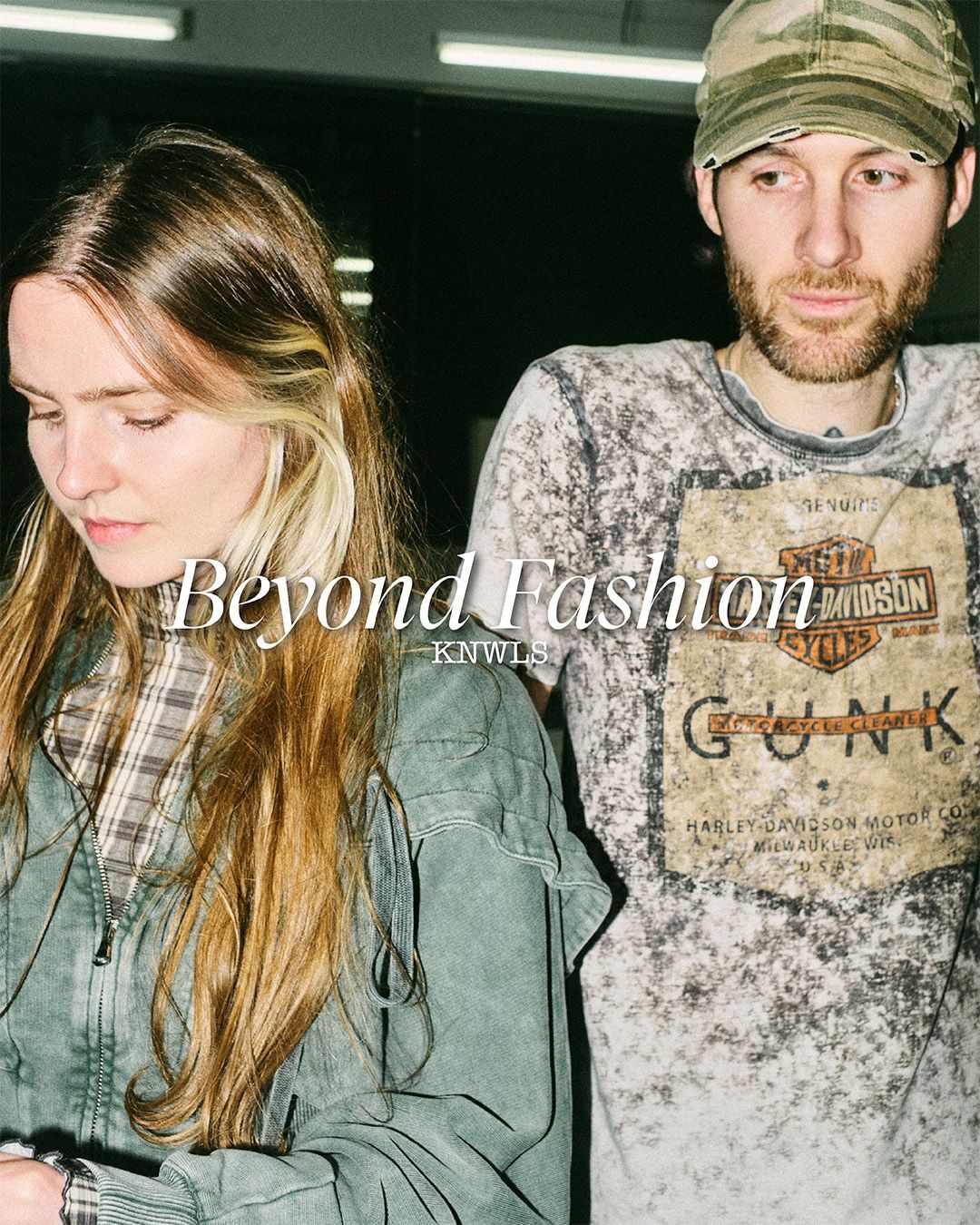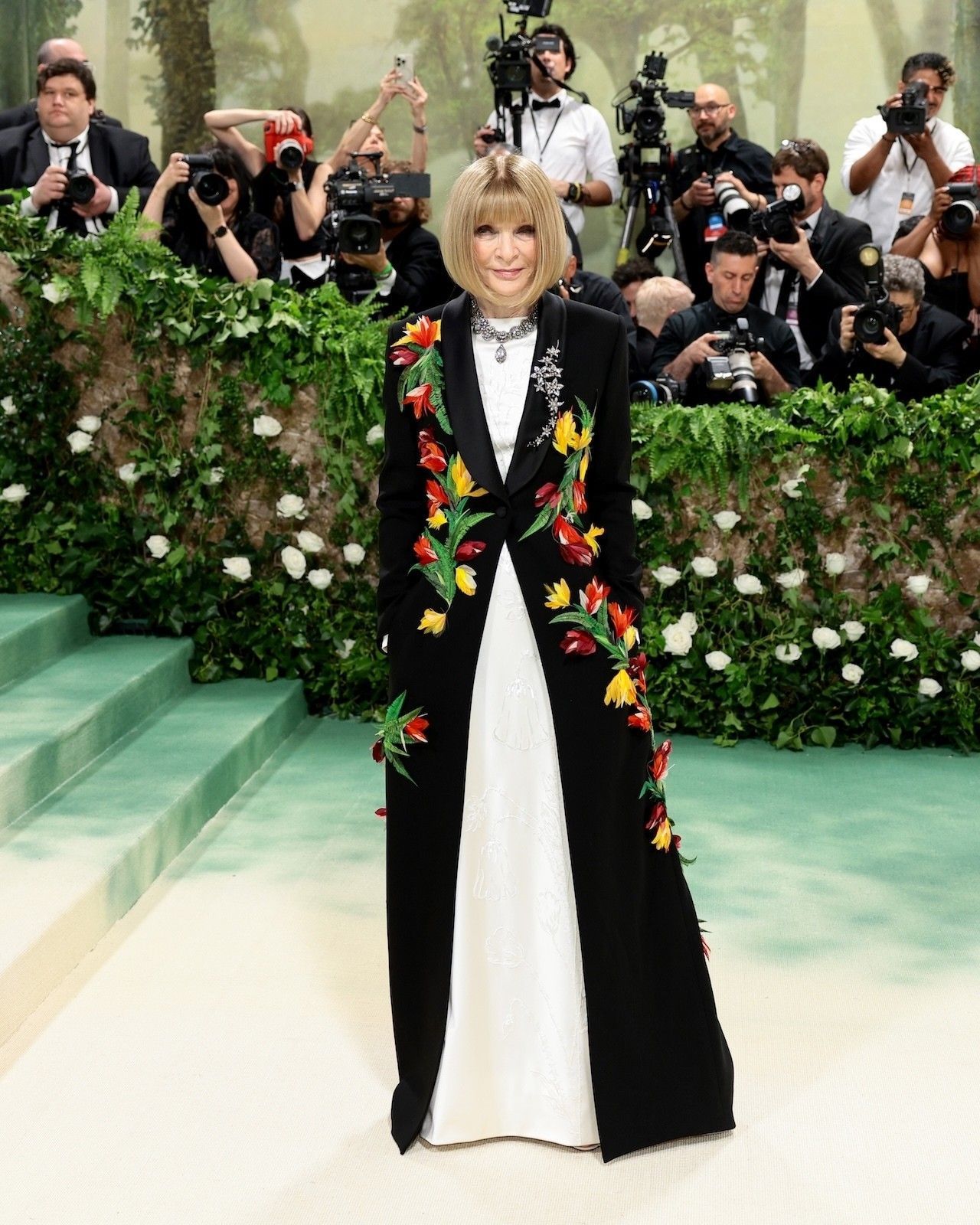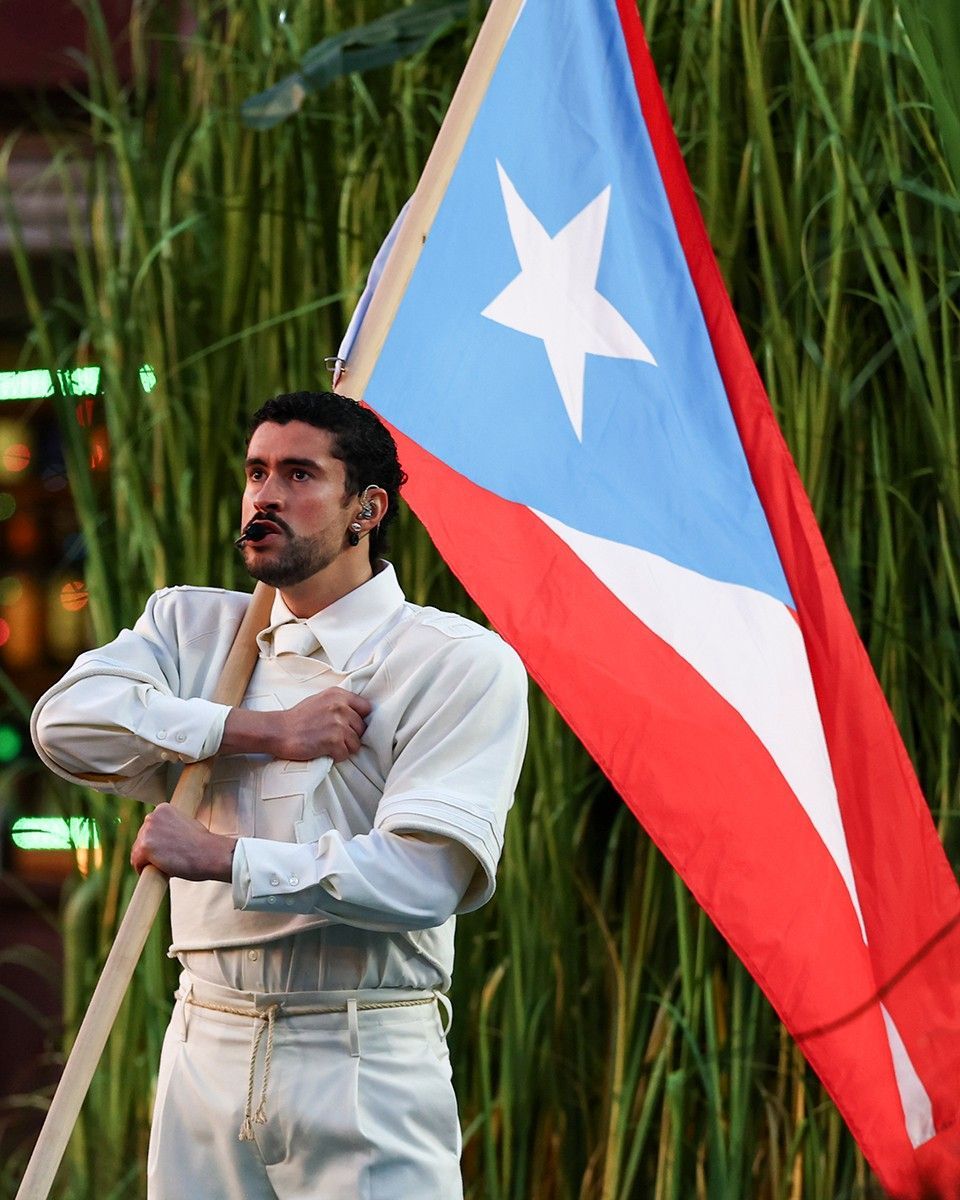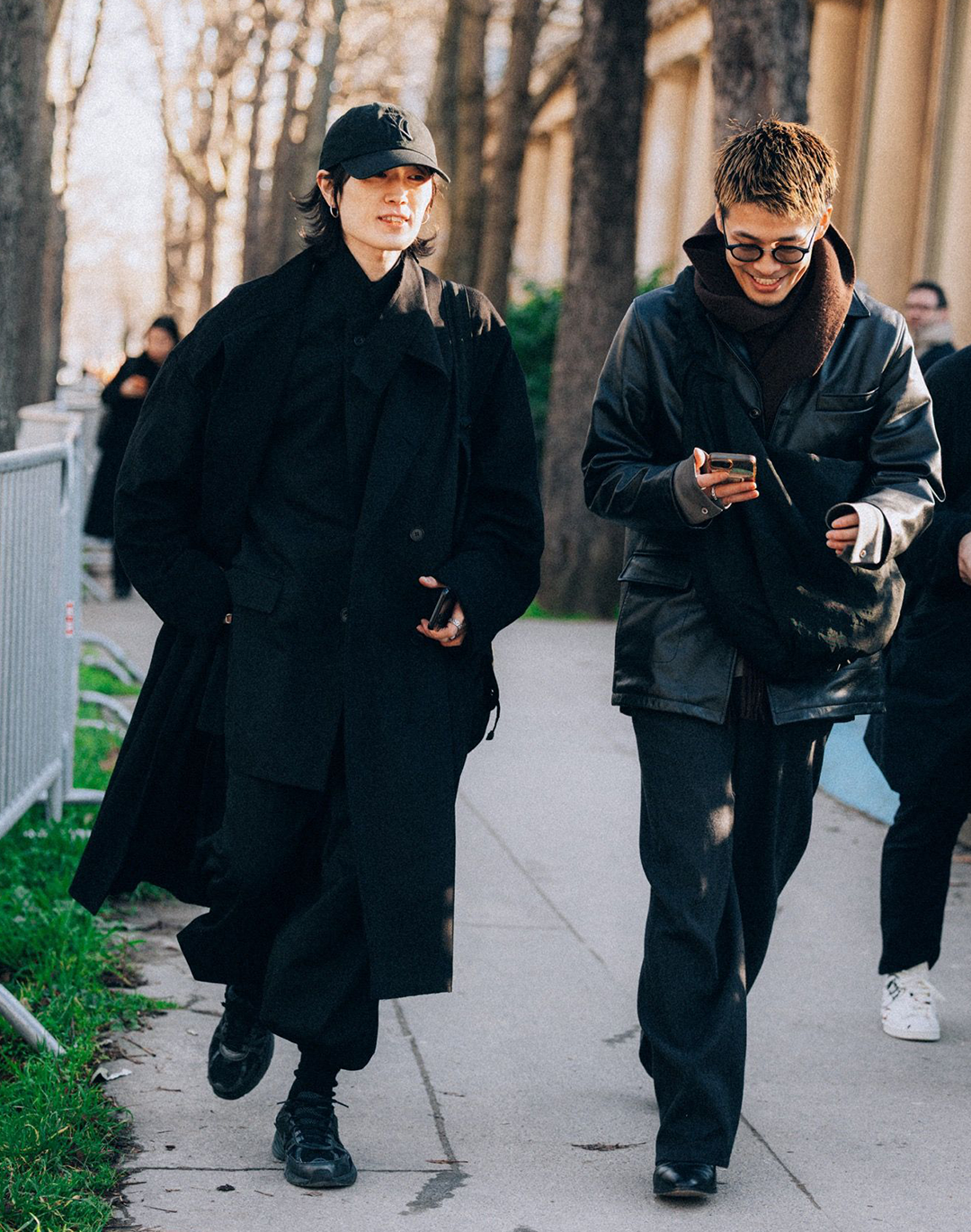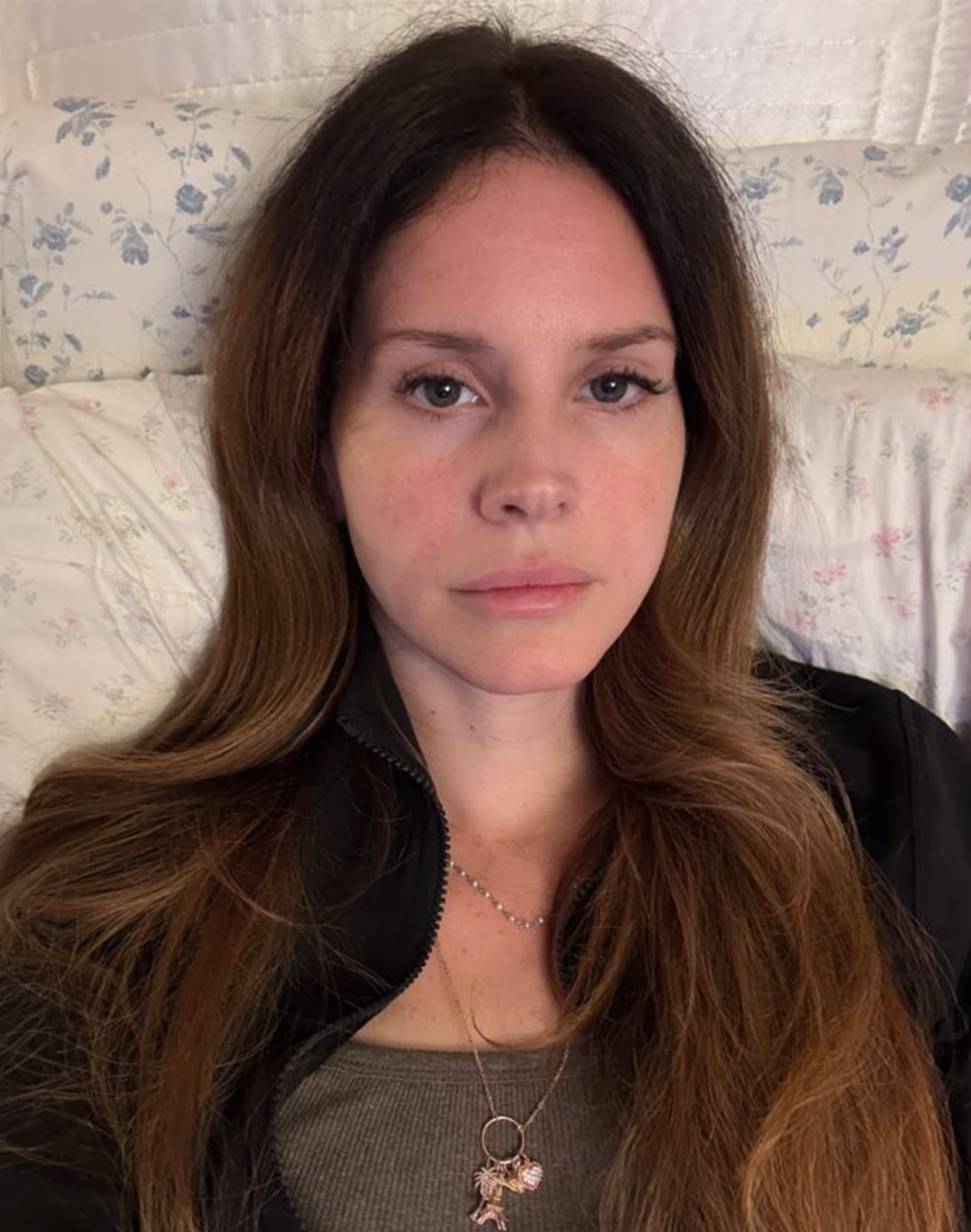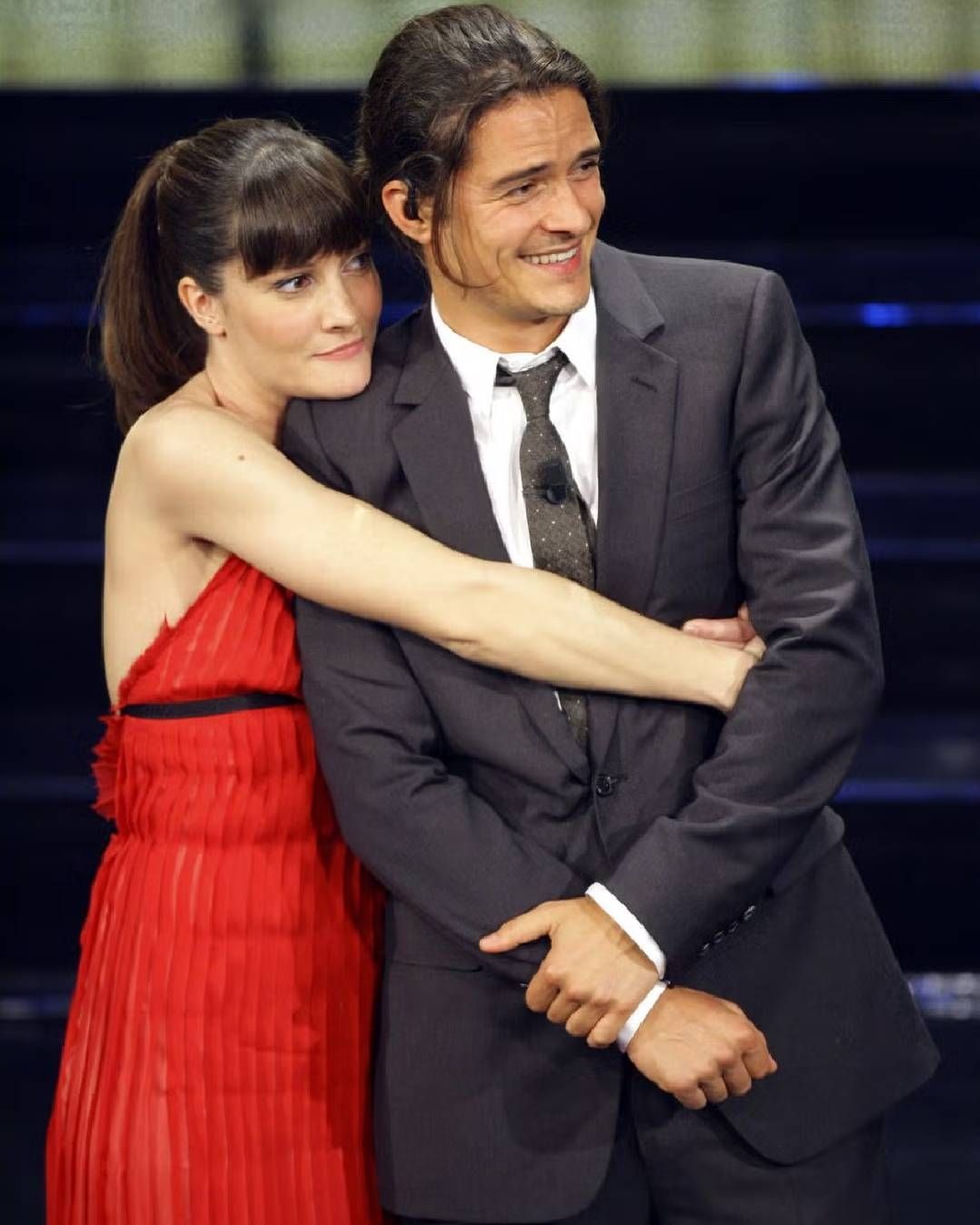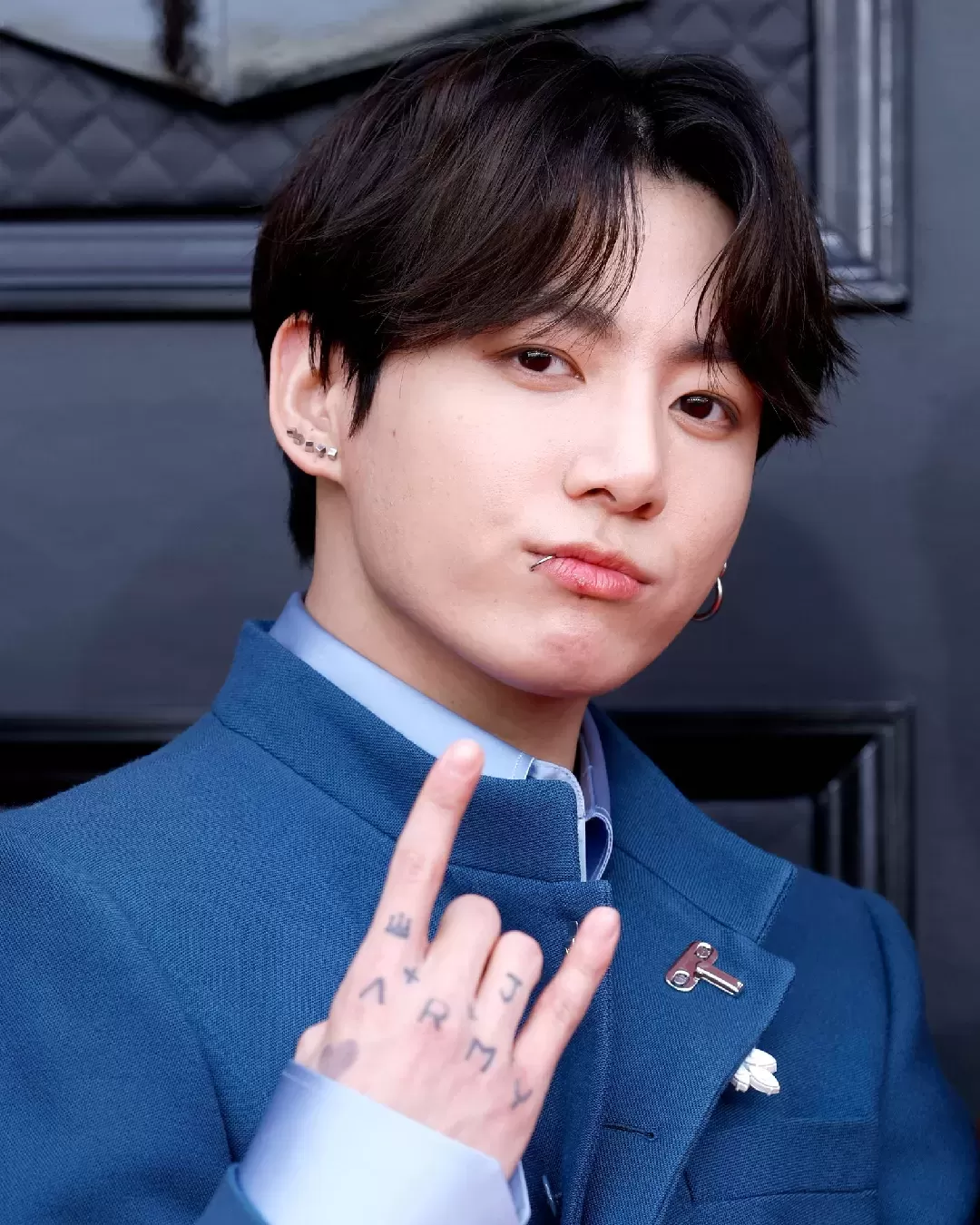
Enfants Riches Déprimés proves that punk is not dead A story about cool kids, excess, distressed clothes and nostalgia
There are people who are born with the knowledge that they will not need to work a single day of their lives, that the fortune accumulated over the years by their parents, between successful investments and substantial inheritances, will suffice not only to support them but also the generations to follow. The potential of being able to be anything you want when you want can paradoxically trigger a certain sense of impotence and ataraxia, an inadequacy rooted in possibility that Enfants Riches Déprimés ('Depressed Rich Children') like Henry Levy know well. ERD's story is about Swiss boarding schools and cocaine, about de-addiction institutes and punk shows, about Courtney Love, Donald Duck, Kanye West and different art forms mingling in a dense web of subtle references. A story that, more than anything else, is about Henry Levy, the 30-year-old founder and designer of the brand, who has managed to sublimate all the excesses that characterised his youth (money, drugs, celebrity) into a clothing brand for 'elitist punks'.
He calls himself Henri Alexander, but his real name is Henry Levy, born on 14 July 1991 in Atlanta - 'the same day as the storming of the Bastille,' he told Glamour Italia. Instead, he told Complex about how his parents earned enough from innovations in water filtration to allow him to enjoy the vices exclusive to the 1% of the world's population: intercontinental travel, shopping sprees and a circle of friends with the same bank account as him. As a child he cultivated an interest in art and a passion for punk music; he was 11 years old the first time he heard The Clash and The Sex Pistols. He attended the Institut Le Rosey in Switzerland, known as the most expensive boarding school in the world, and a number of other luxury institutions between the US and Canada, the typical places where rich parents send their children in the hope of turning them into the next generation of leaders, but for Henry this was not the case. He spent his first stint in detox at Visions Adolescent Treatment at the age of 15, a Malibu facility for underage drug addicts and the first of many.
At some point, he made enough progress to improve his grades and was accepted at UCLA in the art faculty - «Then I was so excited about being admitted that I messed up again». A stay at a treatment centre, the Betty Ford in Hazelden, Oregon, was particularly effective: «That's when I started to conceive the idea of the brand». Cut off from his parents and completely broke, he returned to Los Angeles, travelling the city by bus and saving up for shows by artists like the Dandy Warhols, Henri spent his time painting. It was 2012 when the things he knew best - punk, art and spoiled children - aligned into one cohesive reality. Enfants Riches Déprimés is a melting pot of literature, from French symbolism to American novelists, music, with bands like the Wipers, Dinosaur Jr. and Jesus and Mary Chain, and abstract neo-expressionism a la Robert Motherwell or Don Van Vliet.
An androgynous and distressed aesthetic that incorporates $7,000 DIY biker jackets, jumpers with decadent illustrations of Lou Reed or characters from Victor Hugo's Les Miserables, torn T-shirts with the crest of his college, Le Rosey, to a packet of Parliament Lights, his favourite cigarettes. But also provocative and irreverent elements such as Donald Duck giving the Nazi salute and a defaced Hermès logo that cost him a warning. An aesthetic that speaks of extreme thinness, winking at the heroin chic of the 90s, at the editorials of Jurgen Teller, Kate Moss and Pete Doherty, at the près du corps fashion of Hedi Slimane, looks that are perfectly at home in the decaying and degraded atmosphere of New York club bathrooms, where kids spill out onto the floor in the grip of drugs.
From a commercial point of view, the idea of putting on sale in selected stores a limited run of totally overpriced garments worked: hence the term 'elitist punk'. Although elite and punk may seem like concepts that are openly at odds with each other, as Levy himself explains, «punk is cosy but for its own community. It is inclusive, like most other 'elite' groups, but only for those who are considered to belong to it. Niche communities are essentially formed through separation, isolation and difference. Exclusion breeds subculture.» And it was with this semi-secrecy, with symbols whose meaning was the preserve of the few, that Levy carved his own subculture and broke into the mainstream, when celebrities from Jared Leto to Miley Cyrus began wearing his garments and in 2017 there were even rumours of a collaboration with Kanye coming up. His codes are obvious only to insiders and meaningless to the rest of the world: «To all the depressed rich kids out there: this is for you.»

